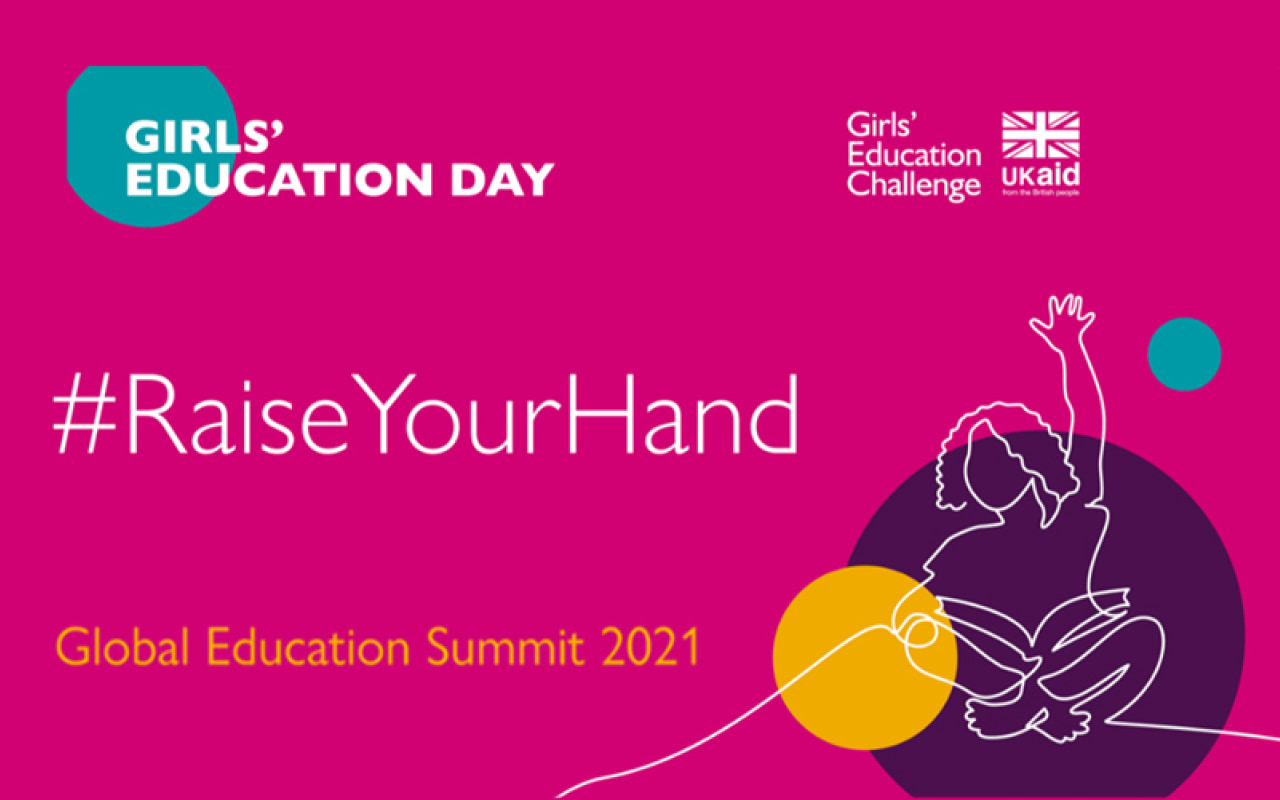
How can open schooling benefit girls who are unable to access conventional learning opportunities? How have governments tackled the issues of learning loss caused by the pandemic and other factors?
These are just some of the issues addressed during the online panel “Getting Girls Into and Back to School.” It was hosted by COL as part of the Girls Education Day 26 July, linked to the #RaiseYourHand campaign aligned with the 2021 Global Education Summit. Moderated by COL President and CEO Professor Asha Kanwar, the panel brought together politicians and human rights activists, as well as experts in gender and open schooling.
Professor Kanwar noted that gender equality is central for COL’s commitment to promoting learning for sustainable development, and it uses technologies that are “available, affordable and accessible” to leave no one behind.
The Honourable Dr Unity Dow, lawyer, human rights activist and a former Minister of Foreign Affairs and International Cooperation, and Minister for Basic Education spoke about the importance of creating safe spaces for children to provide for girls’ return to school and ensure good learning and personal outcomes.
The Honourable Priya Manickchand, Guyana’s Education Minister, noted that an investment in girls’ education has significant national development benefits. She described Guyana’s interventions aimed at facilitating the continued education of girls as well as the reintegration of teenage mothers.
Dr Tony Mays, COL Education Specialist: Open Schooling, spoke about the barriers to girls’ education, including culture and tradition, child labour and poverty, household care and sanitation, as well as gender-biased curricula. “By using open and distance methods,” he said,” we can increase access, provide more flexibility and choice, and allow children to study at their own pace.”
Ms Frances Ferreira, COL Education Specialist: Gender, described COL’s work to empower vulnerable girls and young women through livelihood skills training and school reintegration. “COVID-19 has exposed significant gender gaps in women’s and girls’ rights and revealed systemic inequities in a new light,” she noted.
The panelists also emphasised the importance of wide community support and empowering mothers to improve girls’ access to learning opportunities.
You can watch the panel discussion here.


